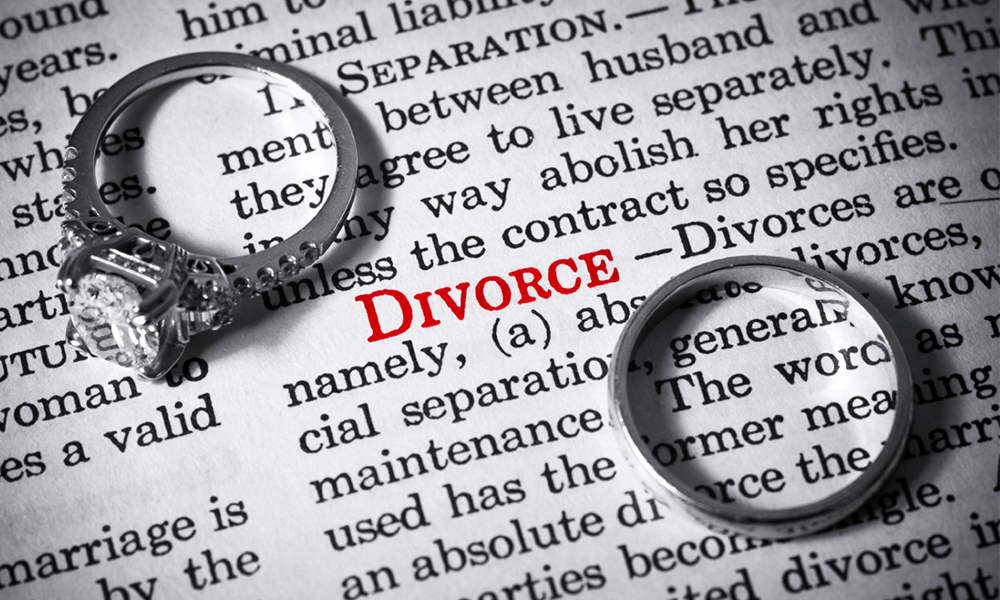Considering Divorce in Texas? Here’s What To Expect

In Texas, the procedure for initiating a divorce requires filing an Original Petition for Divorce with the Court in the County in which you live. For example, if you live in Collin County, you must file in Collin County. Filing the Original Petition for Divorce “starts your time ticking”. In Texas, you may not finalize the divorce until 60 days have elapsed since the filing of the Original Petition for Divorce, this 60 day time period begins on the day you file your Original Petition.
After filing the Original Petition for Divorce, the document will need to be properly served, by the Constable or a private process server upon the non-filing spouse (the Respondent), unless the non-filing spouse chooses to sign a Waiver of Service. A Waiver of Service is a legal document which allows the non-filing party to agree that they do not wish to be formally served with the document.
After the non-filing spouse has been served (or signed a Waiver of Service), they will have 20 days to respond, in writing, to the Original Petition for Divorce. Often, the non-filing spouse (Respondent) will file a “General Denial”, to have a Response on record.
Upon the non-filing spouse being aware of and responding to the Original Petition for Divorce, it’s time for the attorneys representing the parties to begin talks as to how the parties they’re representing wish to address child custody issues (if children are involved), and how they desire to divide their assets and liabilities. Prior to doing this, the attorneys will request their clients complete a detailed worksheet as to the assets and liabilities of the marital estate.
Texas is a “community property” state, thus any and all income earned during the marriage is the “community property” of both parties (unless there was a pre-nup document, signed by the parties, which designated otherwise). The only assets/items that are not considered “community property” of the marriage, are your “separate property”– items you came into the marriage with, or that you, individually, inherited during the marriage (that you did not comingle with the assets of the marital estate, or gift as a part or whole to your spouse).
Most courts will require the parties to attend Mediation, in an effort to settle the matter, prior to allowing them to have a trial in the matter. This is a “good thing”, as Mediation allows the parties themselves (who are most familiar with their children (if any), their finances, and their assets and liabilities) to decide how they wish to divide their time with their children (custody/visitation), how they wish to divide their assets and liabilities, rather than allowing a Judge, who does not know the parties nor their children, to ultimately decide how the children, the assets and liabilities will be shared and split. Although this is an “additional expense” in the matter, I have found it to be well worth the cost, as the majority of the time, the parties are able to settle the matter in Mediation, without having to go through the time, expense and emotional roller coaster of a full-blown trial.
If the parties are able to agree, whether through their attorneys, or in a Mediation, the attorneys can draft the Final Decree of Divorce, submit it to their respective clients for review, make any necessary changes, and present it to the Court for signature at Prove Up (after your 60 days have elapsed from the date of filing). Only one of the attorneys and their client are required to attend the Prove Up, at which time the attorney will ask their client a set of questions in front of the Judge to “Prove Up” the case. (The Judge may, of their own accord, ask questions as well, if they so desire). The Attorney will then present the Judge with a copy of the Final Decree of Divorce, obtain the Judge’s signature, and you’re Divorced.
Prior to leaving the Courthouse, your attorney will go to the Clerk of the Court in which you did your prove up, submit a few more documents, get additional hard copies of the Final Decree stamped with the Judge’s signature. You will want a couple of copies of the Final Decree for your records, including a Certified Copy– one should be kept in a “safe place”, such as a Safe or Safe Deposit Box. The attorney doing the Prove Up will scan and send (or possibly mail a hard copy) to the opposing attorney, so the now ex-spouse will have a copy of the Final Decree signed by the Judge for their files and records as well.
Please feel free to contact my office if you would like a consultation pertaining to divorce. We will schedule a mutually agreeable time to discuss your particular situation and determine the best course of action for you.


